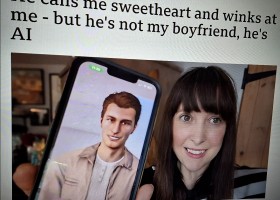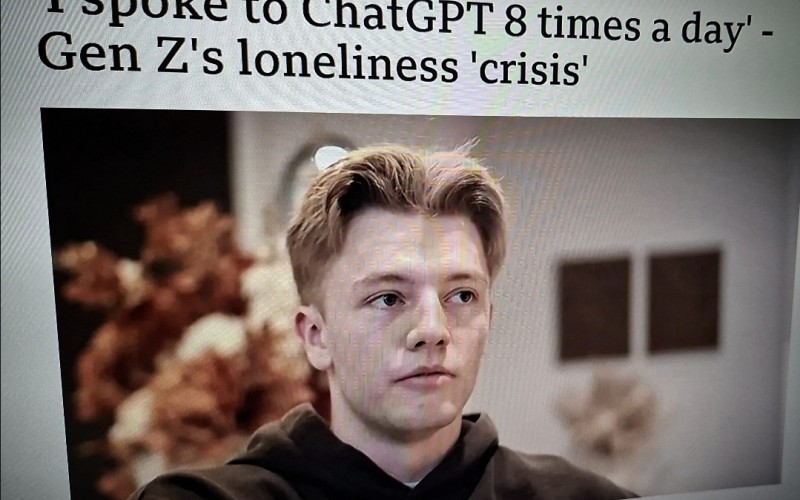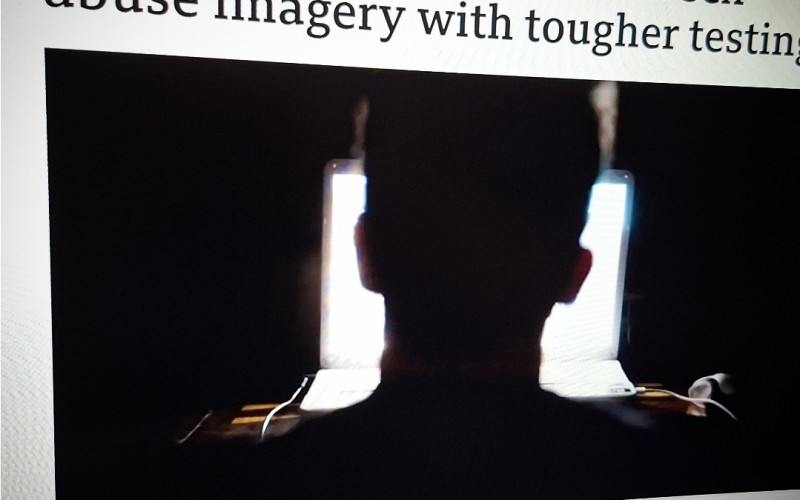Working from home after years spent alone over Covid lockdowns, 23-year-old Paisley said he began to feel trapped, and felt only AI could help him.
"I lost the ability to socialise," he said, and like many in Gen Z, he turned to AI for company.
"At one point, I was talking to ChatGPT six, seven, eight times a day about my problems, I just couldn't get away from it, it was a dangerous slope."










Comments
make a comment